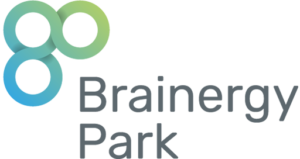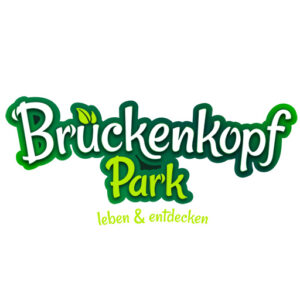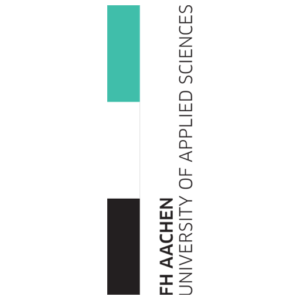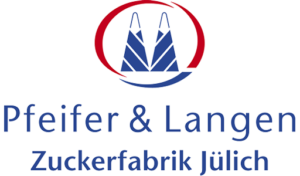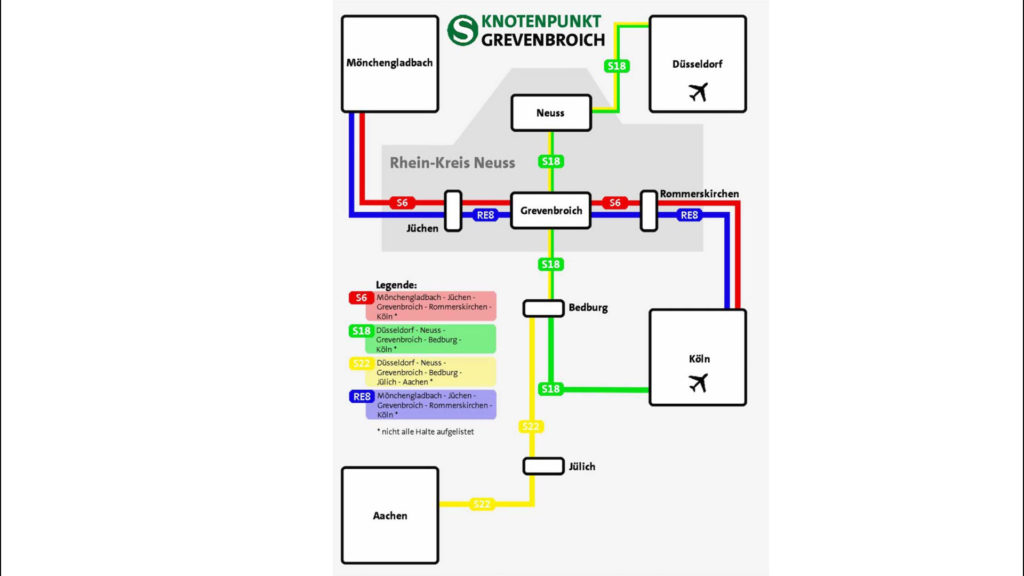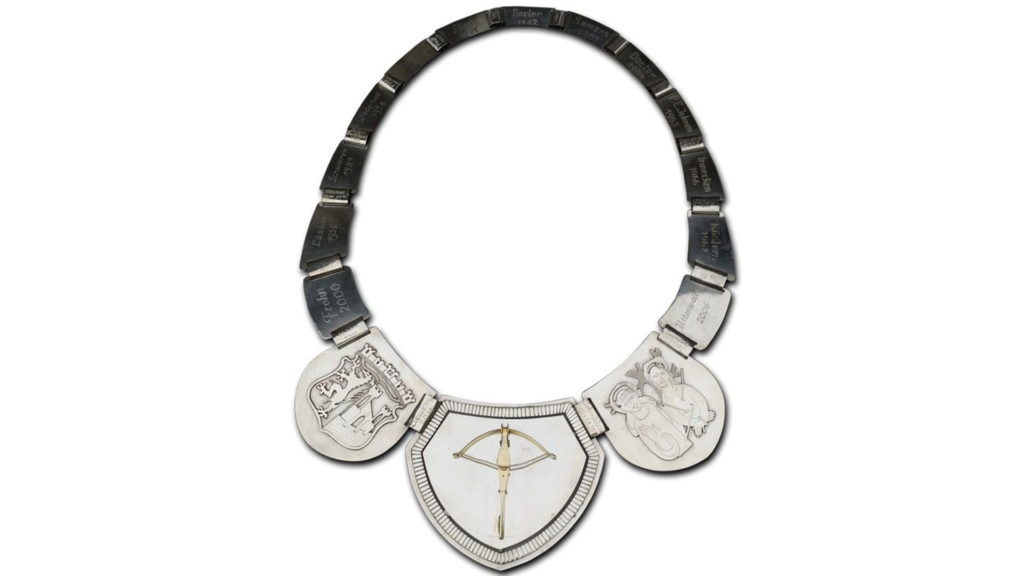Running its own orchestra as a primary school is already quite unusual. The Koslar Primary School—GGS West—is such a school. Furthermore, it is not only musically inclined but also very forward-looking.
For many years, the young researchers from Koslar Primary School have been consistently winning at the regional “Youth Research” competition at the Jülich Research Center, securing their ticket to the state competition.
The young researchers are “recruited” in third grade through the experimental working group (AG). The accompanying educator, Andrea Rathmann, describes how the submitted questions are hotly debated. There’s always a team that wants to build a robot. Three key questions guide their projects: What interests me? How can I research this? Why is it so? The proof and documentation process is the most challenging aspect of the task. The children are given the opportunity to practice their presentations, with an audience of all fourth-graders who ask critical questions. This helps train their “confidence.” Ultimately, the placement is not what matters most; instead, the goal is to instill in the children the belief: “I am good because I dare to participate.” This is evidently achieved with great success.
For its commitment to the MINT areas—Mathematics, Computer Science, Natural Sciences, and Technology—the Jülich-West Community Primary School in Koslar has been recognized as a “MINT-friendly School,” making it the only primary school with this designation in the region.
The “MINT-friendly Schools” designation makes schools visible to students, parents, businesses, and the public, and is not only recognized by the economy but also particularly supported. Nationwide partners of the initiative “Creating MINT Future!” award schools that deliberately focus on MINT subjects, in coordination with state employers’ associations and educational institutions of the economy. Schools are evaluated based on a demanding, standardized set of criteria and undergo a uniform application process across the country.

